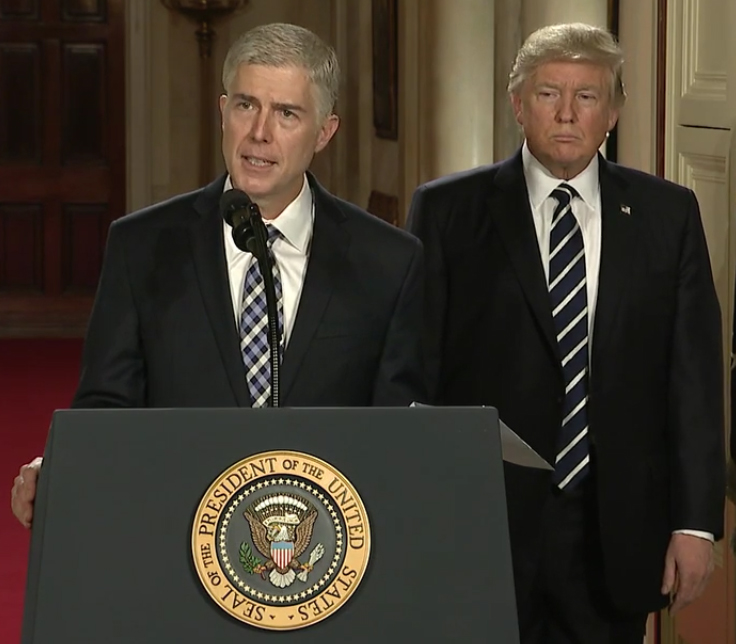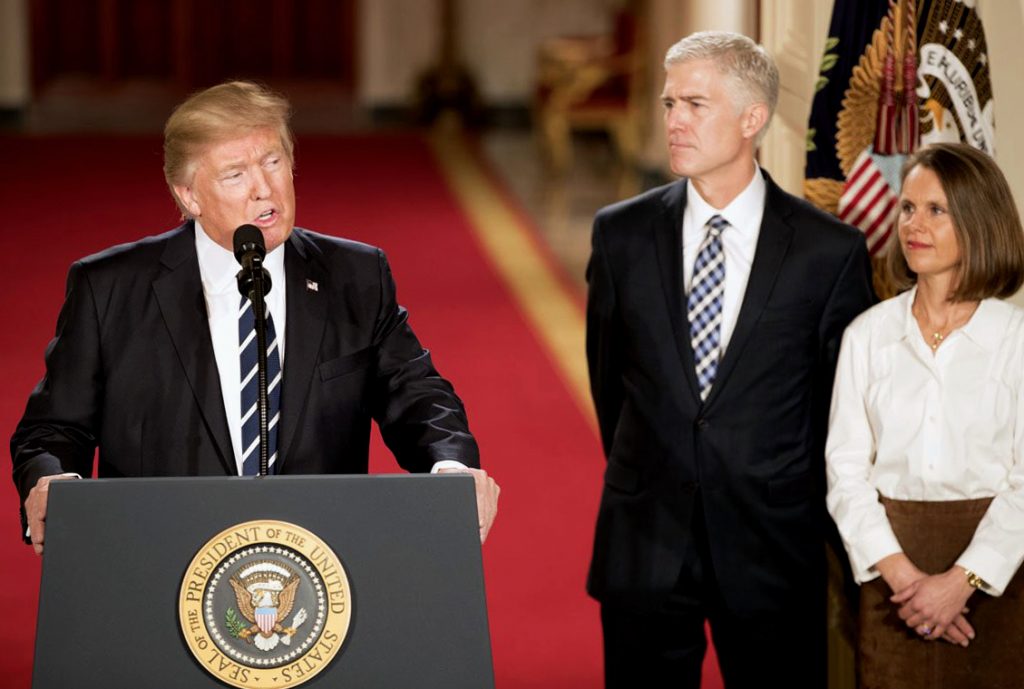This post is part of the General Conference Odyssey.

At Walker’s encouragement, I’ve been reading Brené Brown recently. Brown is a shame researcher, and she defines shame as “the intensely painful feeling or experience of believing that we are flawed and therefore unworthy of love and belonging – something we’ve experienced, done, or failed to do makes us unworthy of connection.”[ref]From her website.[/ref]
Not everything Brown says resonates with me. I don’t like the route she takes, but I do like the destination she’s aiming for. For example, above she says that shame involves “believe that we are flawed.” Well, we are flawed, so we have a pretty good reason for that belief! She also has an affirmation she repeats a lot: “I am enough.” I think that’s nonsense. She’s not enough, I’m not enough, no one is enough.
On the other hand, the rest of her quote is that, because we are flawed, we are “therefore unworthy of love and belonging.” And that, I agree, is a soul-destroying lie. Similarly, I don’t like the phrase “I am enough,” but I do like a very similar phrase that I think gets to Brown’s point: “I am a child of God.” Or, in the lyrics of my favorite band Thrice:
We’re more than carbon and chemicals
Free will is ours and we can’t let go
We can’t allow this, the quiet cull
So we sing out this, our canticle
We are the image of the invisibleWe all were lost now we are found
No one can stop us or slow us down
We are all named and we are all known
We know that we’ll never walk aloneWe’re more than static and dial tone
We’re emblematic of the unknown
Raise up the banner, bend back your bows
Remove the cancer, take back your souls
We are the image of the invisibleThough all the world may hate us, we are named
Though shadow overtake us, we are known
The theology is a little confused from a Mormon standpoint, but the sentiment is one we embrace. Because we are the offspring of God, we are worthy regardless of whether or not we’re flawed and regardless of whether or not we’re enough. That’s my only beef with Brown, really. I don’t like people trying to tell me that I’m good enough to love. What does “good enough” have to do with anything? I don’t have to earn the love of my Heavenly Father and Heavenly Mother. That’s sort of the whole point.
King Benjamin told his people that “Ye cannot say that ye are even as much as the dust of the earth” and that—no matter how hard we try to obey God—we are “unprofitable servants.”[ref]Mosiah 2:21, 25[/ref] On the other hand, the Lord said, “Remember the worth of souls is great in the sight of God.”[ref]D&C 18:10[/ref]
This isn’t really a contradiction, in my eyes, and anyone who has had children can see how. The rugrats are useless, slimy, stinky, sleep-depriving monster who will as soon vomit or defecate on you as smile at you. And we love and cherish them with all our hearts. Children, especially very young children, are supremely “unprofitable.” They are little black holes that suck away our time and energy and youth. And they fill our lives with meaning.
So, this has been a long, long digression. Sorry, folks! Should have saved it for the book review!
The reason for this digression is that, although he never uses the term, Elder Hales’ talk We Can’t Do It Alone is all about shame. Because here’s the thing, the part about Brown’s definition that is in some ways the most important is the very end: shame “makes us [fee] unworthy of connection.”[ref]Emphasis added.[/ref] That’s what it all comes down to. As humans, we have a deep need to belong. And what shame does is convince us to abandon the attempt and settle for being broken and alone.
But, as Elder Hales says, “we did not come to this life to live it alone.” On the contrary, “the true nature of the gospel plan is the interdependence we have upon one another.” And what stops us? Shame. Again, he doesn’t use the word, but the concept is clearly identical to Brown. For example:
When we are marred spiritually or physically, our first reaction is to withdraw into the dark shadows of depression, to blot out hope and joy—the light of life which comes from knowing we are living the commandments of our Father in heaven. This withdrawal will ultimately lead us to rebellion against those who would like to be our friends, those who can help us most, even our family. But worst of all, we finally reject ourselves.
The heart of the Gospel, as we understand it, is the atonement. It’s unity. Shame, which is not the same as guilt[ref]Guilt, according to both the scriptures and also Brown, is a useful response to our own mistakes that encourages us to improve and do better in the future.[/ref], is the wedge shaped to break that unity, the lure that holds us back from the atonement, and we need to be—as Brown puts it—“shame resilient” in order to prevent it from stopping us or turning us aside from our mission to improve ourselves individually and collectively during our mortal sojourn.
Oh, and now for the brave, here’s Thrice’s song that I quoted earlier. Be warned, the message is fantastic but the rock is hard.
—
Check out the other posts from the General Conference Odyssey this week and join our Facebook group to follow along!
- Standing By Our Personal Declarations by Jan Tolman
- Those infuriating, necessary, other people by Marilyn Nielson

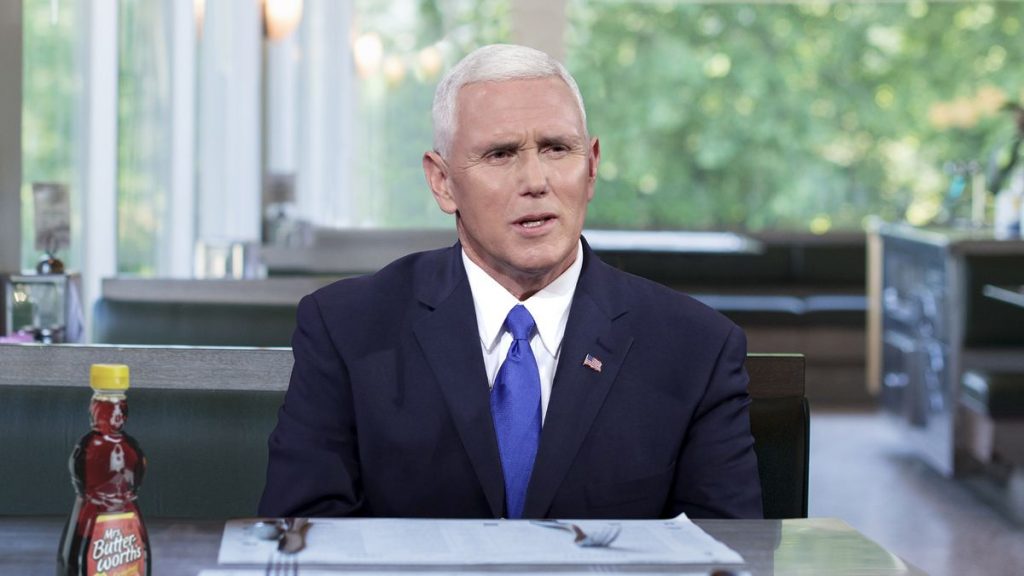
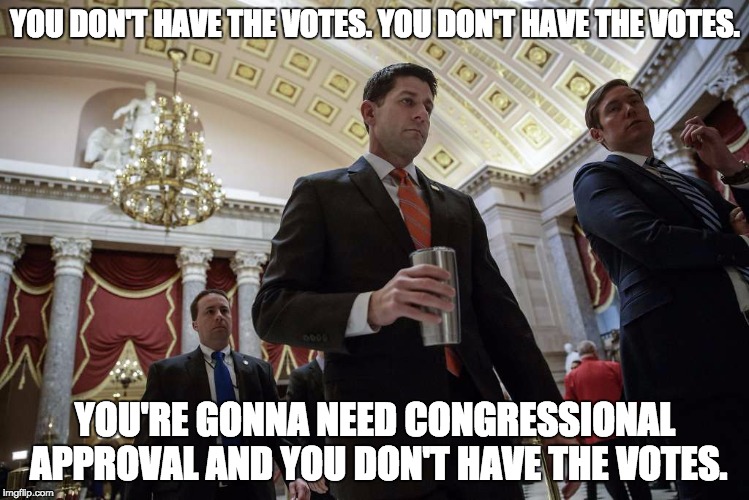
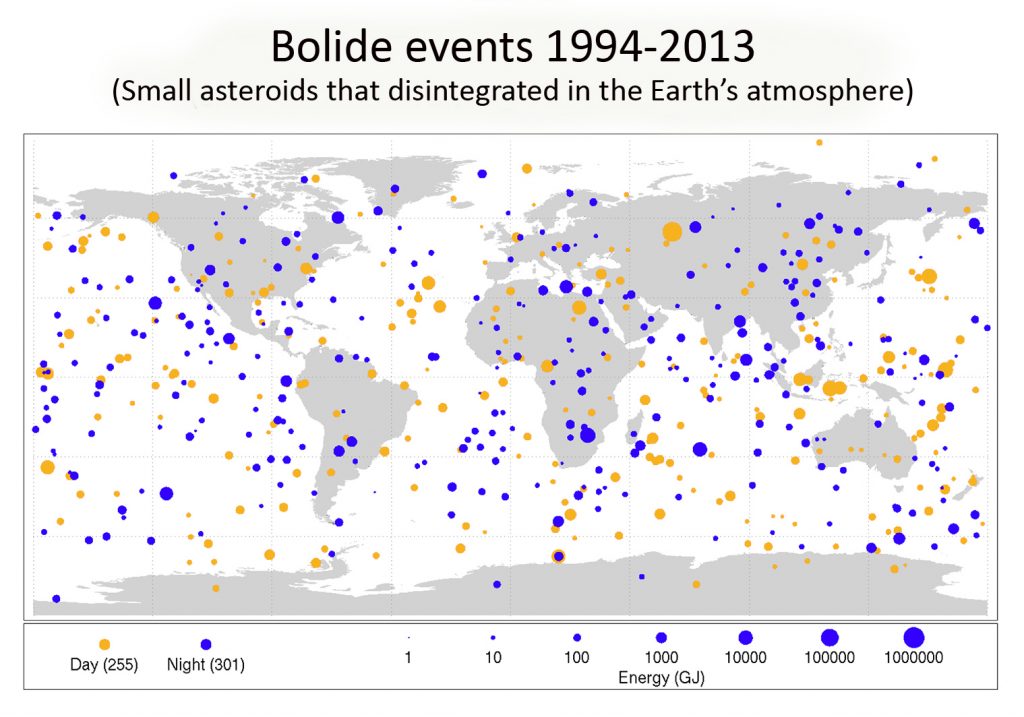
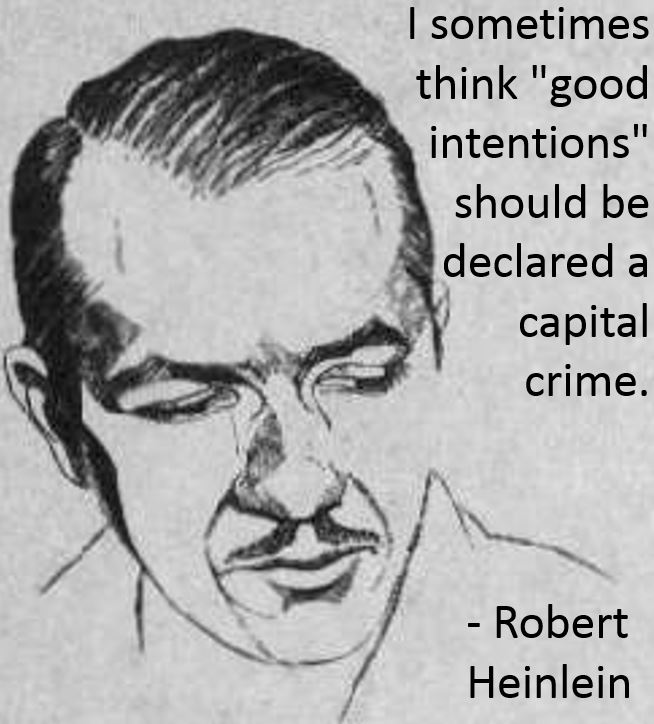
 This post is part of the
This post is part of the 